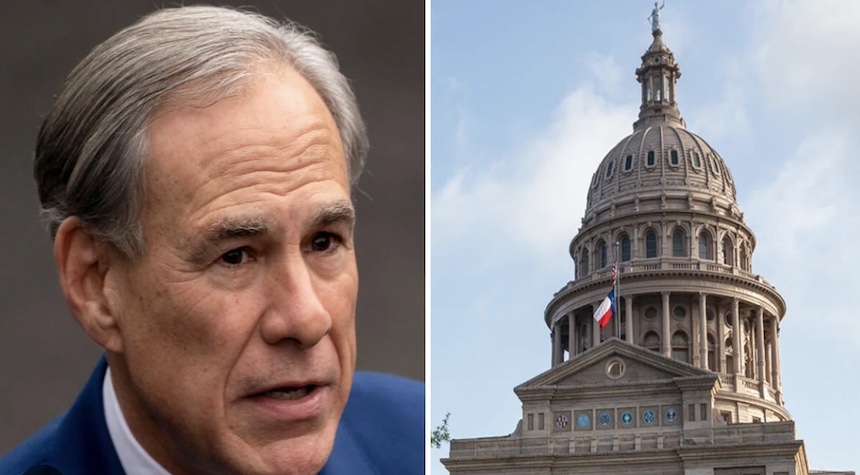The situation in Texas remains tense as the state’s legislative process faces continued disruption. Governor Greg Abbott, a Republican, has called for a second special session of the legislature mere hours after the conclusion of the first. This development comes amidst an ongoing dispute over redistricting plans.
Speaker Dustin Burrows convened the second session only to announce that a quorum had not been met. The absence of Democratic representatives, who remain out of state in protest, has effectively halted proceedings. Reports indicate that most Texas Democrats relocated to Illinois to prevent the advancement of the GOP’s redistricting agenda.
Democrats have set conditions for their return, including the end of the special session and the release of California’s redrawn map proposal. Both these events were anticipated to occur on Friday. Speaker Burrows has expressed optimism about reaching quorum by Monday, with intentions to complete the Governor’s agenda by Labor Day weekend.

President Donald Trump has said Republicans are “entitled” to five more House seats in Texas as the state GOP tries to redraw the congressional map before the 2026 midterm elections.
Governor Abbott’s call for a second special session encompasses more than redistricting. The agenda includes addressing disaster response, regulating consumable hemp products, providing property tax relief, and potentially eliminating the STAAR test. The Governor has criticized the absent Democrats for delaying legislation he deems crucial for Texans.
The significance of this impasse should not be overlooked. It raises important questions about the balance of power in state legislatures and the tactics employed in political disputes. As the situation continues to unfold, the impact on Texas governance and potential national implications remain to be seen.


